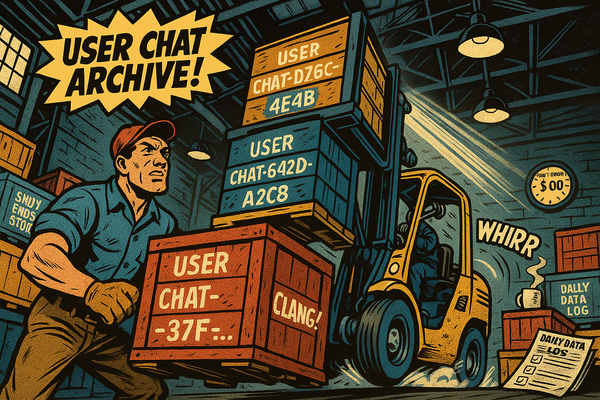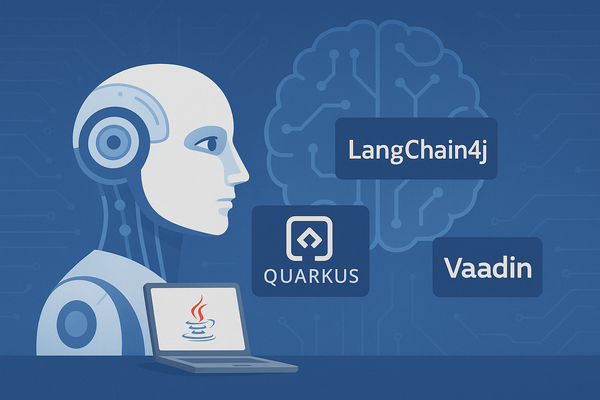Java, Jug, JCON and Community
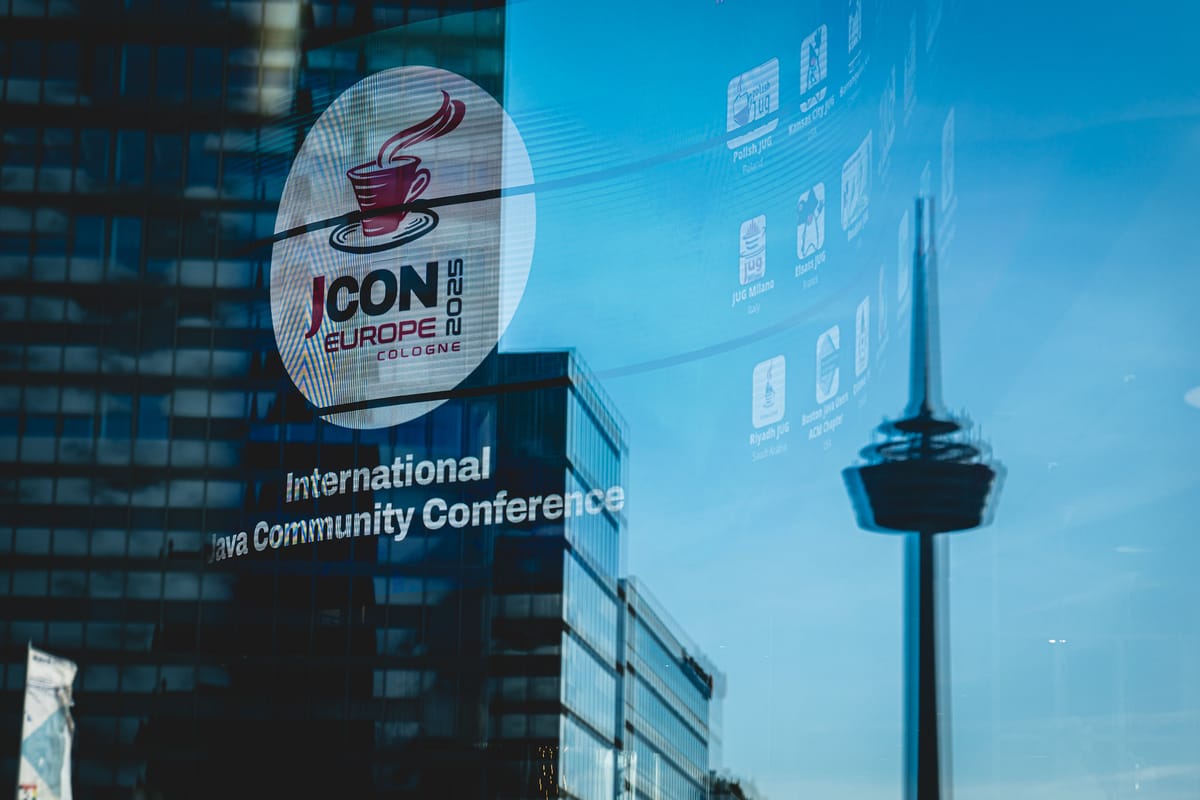
Last week I've been to my first Java conference ever and right away had the opportunity to be a speaker. I was at JCON 2025 in Cologne from May 12th to May 15th and I am still processing this awesome gathering! So here is my attempt to mold my experiences into text.
Java
To be fair: I'm relatively new to this "Java business." To be exact: I have really been developing with Java since October 2023. Before that I "had" to learn Java in University around 2004 and after that mostly developed in SQL, PHP, JavaScript and Python (my major language since 2017). But when our Department for Educational Data Science – where I've worked since 2021 – was faced with the task to develop a statewide web-application for the educational system in Bavaria/Germany, I thought twice about using my known Python and JavaScript frameworks for that. And if it wasn't for the Java User Groups, I wouldn't even have considered learning and using Java for this mission.
Java User Groups
A few years ago (it must have been in 2021) a friend of mine took me to a JUG near my home, although I had nothing to do with Java at this time. I went there just for fun and I didn't have anything else to do that evening. But still I was very impressed by the kindness and openness and also surprised to find other non-Java-devs at the meetup – developers from the Ruby, JavaScript and .NET realms.
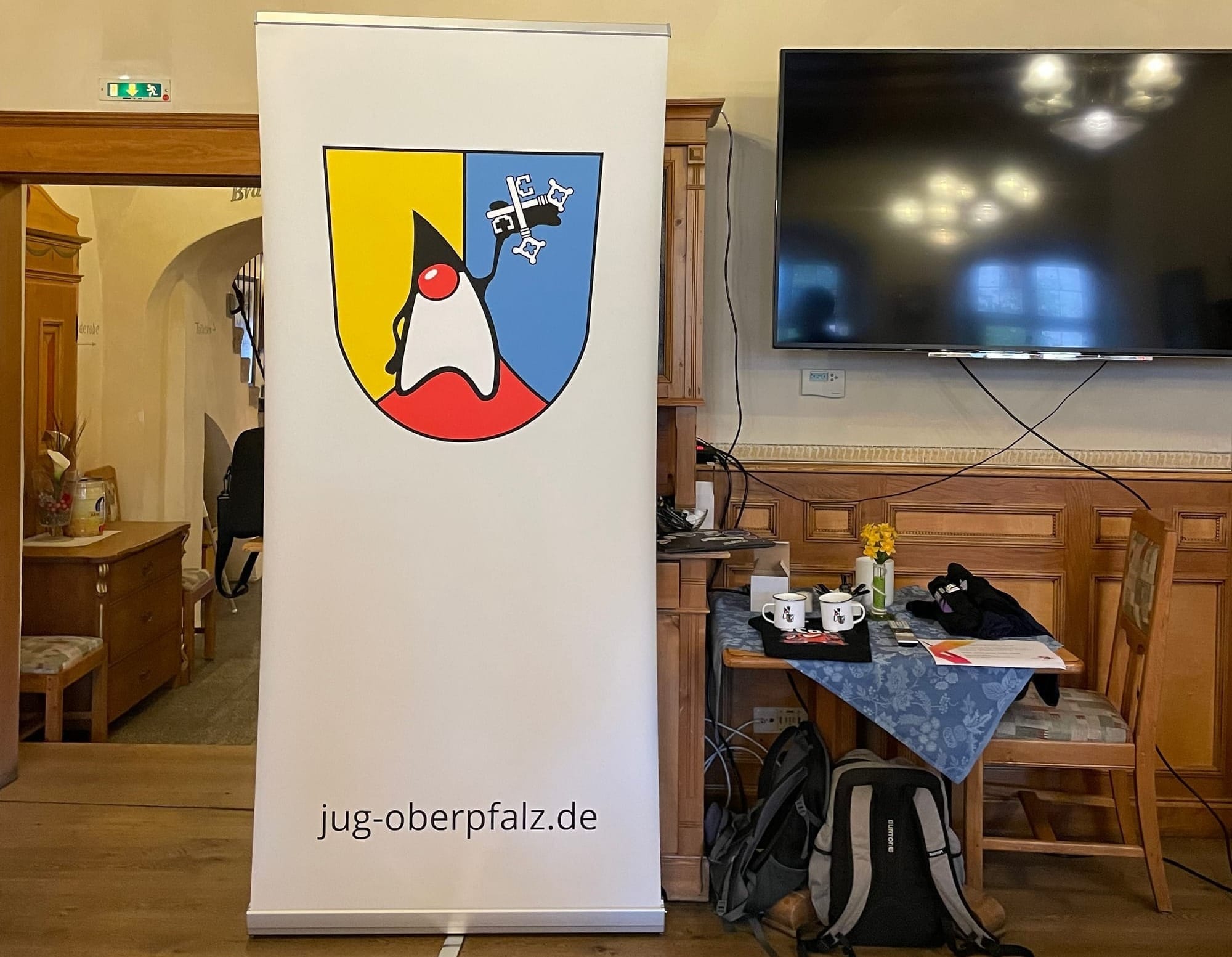
So when it was time to decide which reliable and scalable tech-stack we should go with in our project, I remembered this experience and thought: "Well, what could Java do for us? I should definitely visit this group again!" That said, I went to the next meetup in October 2023 where Adam Bien was speaking. There I sat and was able to ask all my questions. Some names were dropped like Quarkus, Jakarta EE and Hibernate. I was totally amazed by the competent and guiding answers. So I went home and read all about the mentioned technologies and frameworks. In the end, I decided to go with Java, especially Quarkus for this project and wasn't disappointed since then and now consider Java my main programming language.
And what can I say? The whole project went very smoothly and I was totally amazed that Java was actually very easy to work with, especially in a bigger and more complex project like this. I loved to work with its baked-in type safety, stream API, optionals and records, to name just a few concepts which were added to Java in the last few years and show the stark evolution of this programming language. Last but not least, we managed to roll out our project to 65% of all Bavarian primary schools in the first run, which was a huge success!
JCON 2025
This was the success story I wanted to share and give back to the Java community. I submitted my story as a talk for the JCON conference 2025 in Cologne (Germany) and it was accepted.
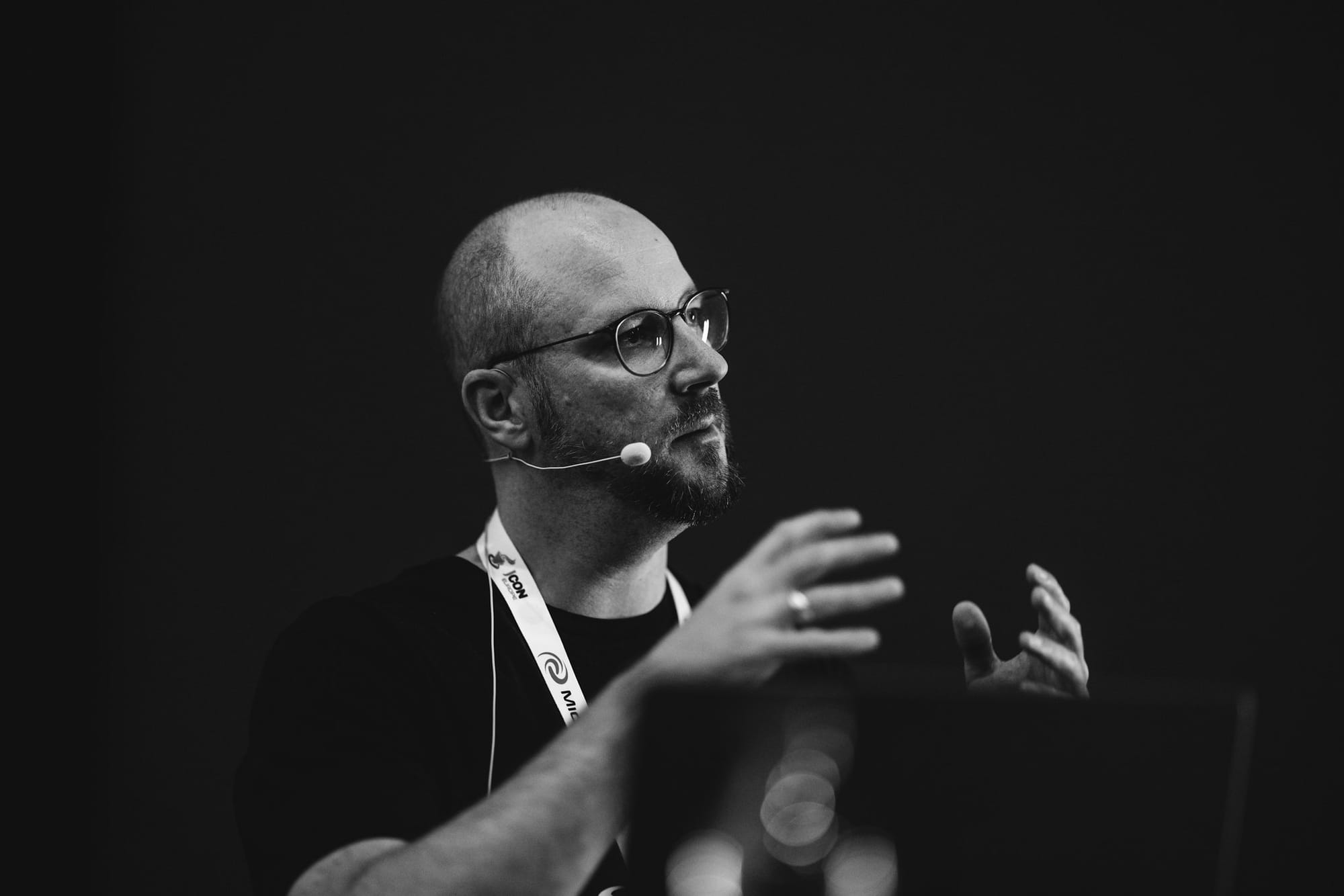
This was my first Java conference ever and it made a deep lasting impression on me. I wasn't expecting this! First of all, the kindness and openness I experienced at the JUG meetups were felt at this conference, too – through and through. There was this instant connection to lots of people being "just" attendees, exhibitors or professionals from big companies like Oracle or IBM with years of experience. Everyone was approachable, so I had what felt like hundreds of good talks, sharing of ideas or just chatting about different dialects in Switzerland, Germany and China. It's not just networking, it's being drawn into a community, coming to share a common identity: "we are Java developers." And I for myself after this felt like I too had become a real Java developer by now.
Java is a culture! But is it a cult?
Before JCON, Java was this "programming-thing" best suited for enterprise applications, with its long history, evolution and big ecosystem. It was about tech. But after JCON a much stronger association entered: Java is about the people! Also history shows this. In the very early days of Java, around about 1996, the first conference was conducted called JavaOne. So there's always been this drive to connect people and share a common ground.
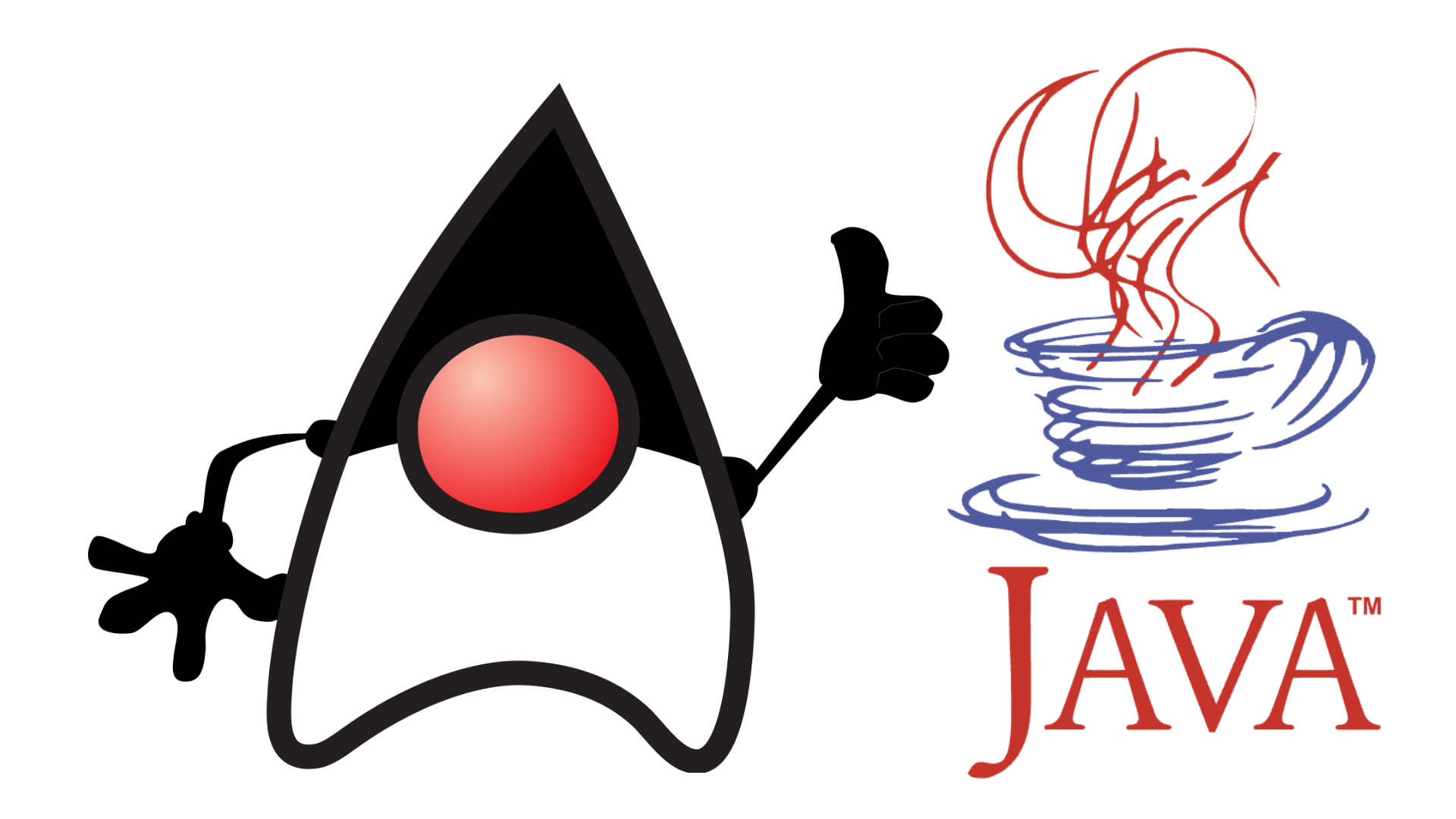
From early on, Java also had a mascot The Duke (https://dev.java/duke), and a profound Logo; something to identify with. Identity is key to every culture. And with every culture comes along a certain kind of behavior (which Pierre Bourdieu calls a "habitus"). That's just normal for humans to do, isn't it? We love being part of something bigger and Java still is big (https://www.tiobe.com/tiobe-index). But so is Python, which is actually a few years older than Java. But with Python, a programming language and ecosystem I know by now still better than Java, I personally never felt this connection and identifying-with. Python, in my opinion, never managed to build a culture around itself.
The negative side of cultures? They can clash, they can get rigid, exclusive and indoctrinating. Sadly this happens so often in human history. Cultures can become cults. But this was something I clearly didn't experience during my 4 days at JCON. Quite the contrary! There was this one volunteer at JCON I know very well, who is an avid .NET and C# developer and he's also regularly visiting a JUG. Why? Because he just likes the community, the people and their openness I think.
Java for a lifetime?
So here's what I take away in essence from these 4 days: Java is strong! It's this reliable ecosystem, with which you can do mostly anything you like in tech. It's full of standards and libraries always tend to be "production- and enterprise-ready". It's evolving a lot: reducing mental complexity for developers and becoming more and more easy to get into, especially for young programmers and IT-students. It's lost its rigid object-oriented paradigm: now you can mix paradigms as you see fit for your use case and business logic. But most strongly: Java is all about community and identity. But not some exclusive kind of community but a really open one, where it's totally easy – like in my story – also for newcomers to get into and to feel accepted right away. So for me, the chances are quite high to keep Java as my main programming language for a lifetime!
